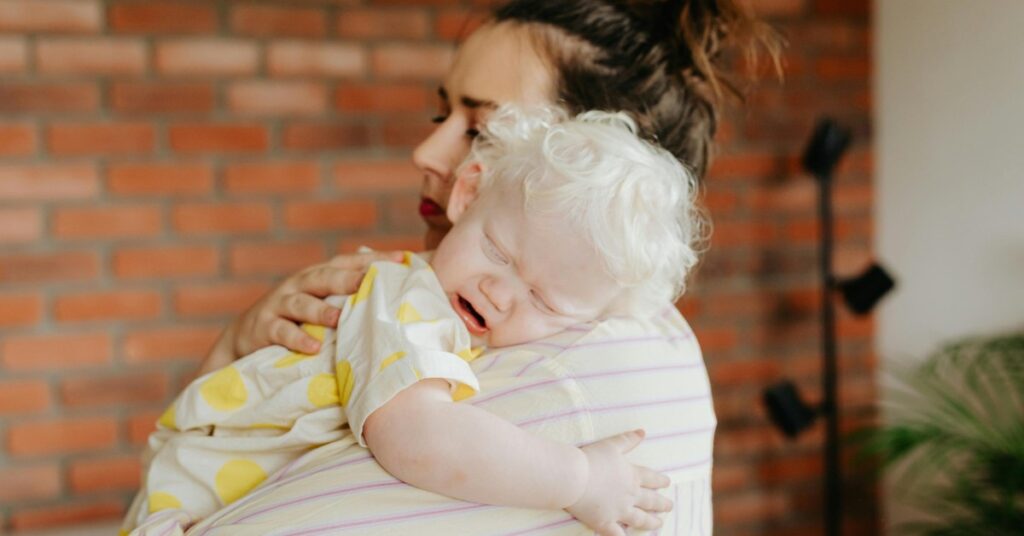Every parent has faced an epic meltdown at the grocery store or a sudden outburst at bedtime and wondered, “Why is my child acting like this?” Misbehavior rarely happens in a vacuum. It’s usually a signal—a child’s way of saying that a need isn’t being met or an emotion is too big to handle. By digging into the root causes of misbehavior, you can respond with empathy, guide your child toward healthier coping skills, and create a calmer home environment—all without resorting to yelling or harsh punishments.
Why Address Misbehavior Early?
Repeated misbehavior that is ignored or handled inconsistently can become a habit, making it harder to break later. Early, gentle intervention helps children:
- Develop emotional regulation and problem-solving skills.
- Build trust that their feelings will be heard and validated.
- Understand clear, consistent boundaries—essential for security and self-discipline.
Six Common Root Causes of Child Misbehavior
1. Unmet Physical Needs
Hunger, fatigue, overstimulation, or even being too hot or cold can turn a normally cooperative child into a bundle of frustration. Just like adults get “hangry,” kids act out when basic needs are ignored.
Quick win: Check the basics before disciplining—offer a snack, glass of water, or quiet downtime.
2. Normal Developmental Stages
Toddlers say “No!” to practice independence, and teens push boundaries to form their identities. These phases aren’t defiance—they’re growth. Expect some testing of limits as children master new skills.
Quick win: Set developmentally appropriate rules and give limited choices (“Red cup or blue cup?”).
3. Big Feelings & Limited Vocabulary
Children often lack the words to say, “I’m scared,” or “I feel left out,” so they cry, hit, or throw toys instead. Misbehavior can be a disguised plea for help in managing overwhelming emotions.
Quick win: Name the emotion for them (“It looks like you feel frustrated”) and model calming breaths.
4. Environment & Inconsistent Rules
Chaotic routines, screen overload, or caregivers enforcing different rules create confusion. Kids thrive on predictability; inconsistency can trigger acting out to test which rule applies.
Quick win: Establish simple, consistent routines for meals, play, and bedtime.
5. Modeled or Learned Behavior
Children copy what they see. If yelling solves problems in their environment, they’ll try it too. Likewise, a sibling’s tantrum that wins attention becomes an effective strategy to replicate.
Quick win: Demonstrate respectful conflict resolution: calm tone, active listening, problem-solving.
6. Hidden Underlying Issues
Sensory processing challenges, hearing difficulties, anxiety, or trauma can all masquerade as “bad behavior.” If misbehavior is chronic and strategies above don’t help, a deeper assessment may be needed.
Quick win: Track patterns in a behavior log and consult your pediatrician or child psychologist if concerns persist.
Positive, Practical Responses
- Stay calm. Your regulated nervous system helps co-regulate your child’s.
- Connect first, correct second. Kneel to eye level, acknowledge feelings, then state the limit.
- Teach replacement skills. Show your child how to ask politely, use words, or take a break.
- Offer natural consequences. If toys are thrown, they’re put away for a short period—no lectures needed.
- Reinforce the positive. Catch your child being helpful or cooperative and offer specific praise.
When to Seek Professional Help
If misbehavior is severe, dangerous, or interferes with school and friendships, don’t hesitate to reach out. Early support from pediatricians, therapists, or parenting coaches can uncover medical, developmental, or emotional issues that benefit from specialized treatment.
Takeaway
Understanding why kids misbehave empowers you to respond with empathy and effectiveness. When you address core needs, set consistent limits, and teach coping skills, you transform conflict into connection—helping your child grow into a respectful and confident human being.
Frequently Asked Questions
Is misbehavior always a sign of bad parenting?
No. Misbehavior can stem from normal developmental stages, sensory sensitivities, or even hunger and fatigue. Effective parenting means uncovering the cause and guiding your child toward healthier behaviors.
How do I know if my child’s misbehavior needs professional attention?
Seek help if the behavior is dangerous, disruptive across multiple settings, or doesn’t improve with consistent parenting strategies. Trust your instincts and consult a pediatric professional when in doubt.

